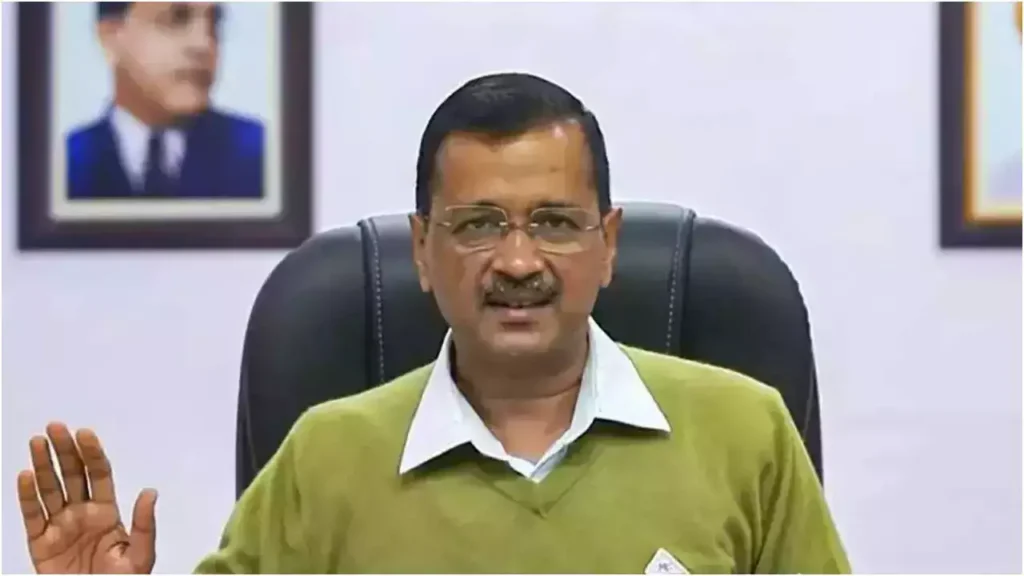Newsmatro

In a significant development, the Supreme Court has granted interim bail to Delhi Chief Minister Arvind Kejriwal until June 1 in connection with a money laundering case linked to the now-scrapped Delhi liquor policy.
This decision comes amidst ongoing political tensions and the backdrop of the Lok Sabha elections.
The interim bail allows Kejriwal to be released from Tihar Jail, where he has been lodged since his arrest by the Enforcement Directorate (ED) on March 21.
However, there are conditions attached to his bail. Kejriwal is prohibited from visiting the Delhi Chief Minister’s office or the Delhi Secretariat.
Additionally, he is not allowed to comment on the case or interact with any witnesses involved.
This verdict was pronounced by a bench of Justices Sanjiv Khanna and Dipankar Datta after a brief hearing on an interim bail plea filed by Kejriwal.
The plea challenged his arrest in the Delhi liquor policy case and sought interim bail to enable his participation in campaigning for the ongoing Lok Sabha elections.
The Supreme Court’s decision is expected to have significant implications for the political landscape, particularly in Delhi and Punjab, where the Aam Aadmi Party (AAP) holds sway.
Kejriwal’s release will allow him to actively campaign for the party, especially since Delhi and Punjab are scheduled to vote on May 25 and June 1, respectively.
It’s noteworthy that the ED had opposed interim bail for Kejriwal, arguing that the right to campaign for elections was not fundamental.
However, the Supreme Court’s ruling has overridden these objections.
In addition to the bail conditions, Kejriwal’s lawyers are required to submit a bail bond of Rs 50,000 and a surety of the same amount directly to the Tihar Jail Superintendent.
The jail administration will facilitate Kejriwal’s release upon receiving the written bail order from the Supreme Court.
This development has elicited reactions from various quarters of the political spectrum.
Leaders from the Opposition INDIA bloc, including Mamata Banerjee and Aaditya Thackeray, have expressed support for Kejriwal’s interim bail.
However, the BJP has faced criticism, with accusations of attempting to stifle opposition voices.
Despite the interim relief, Kejriwal’s legal battle is far from over. The ED is expected to file its first chargesheet against him in the liquor policy case, alleging his involvement in demanding kickbacks from liquor barons.
This marks a significant escalation in the legal proceedings against the Delhi Chief Minister.
As the political landscape continues to evolve, Kejriwal’s bail has become a focal point in the larger narrative of power dynamics and electoral strategies.